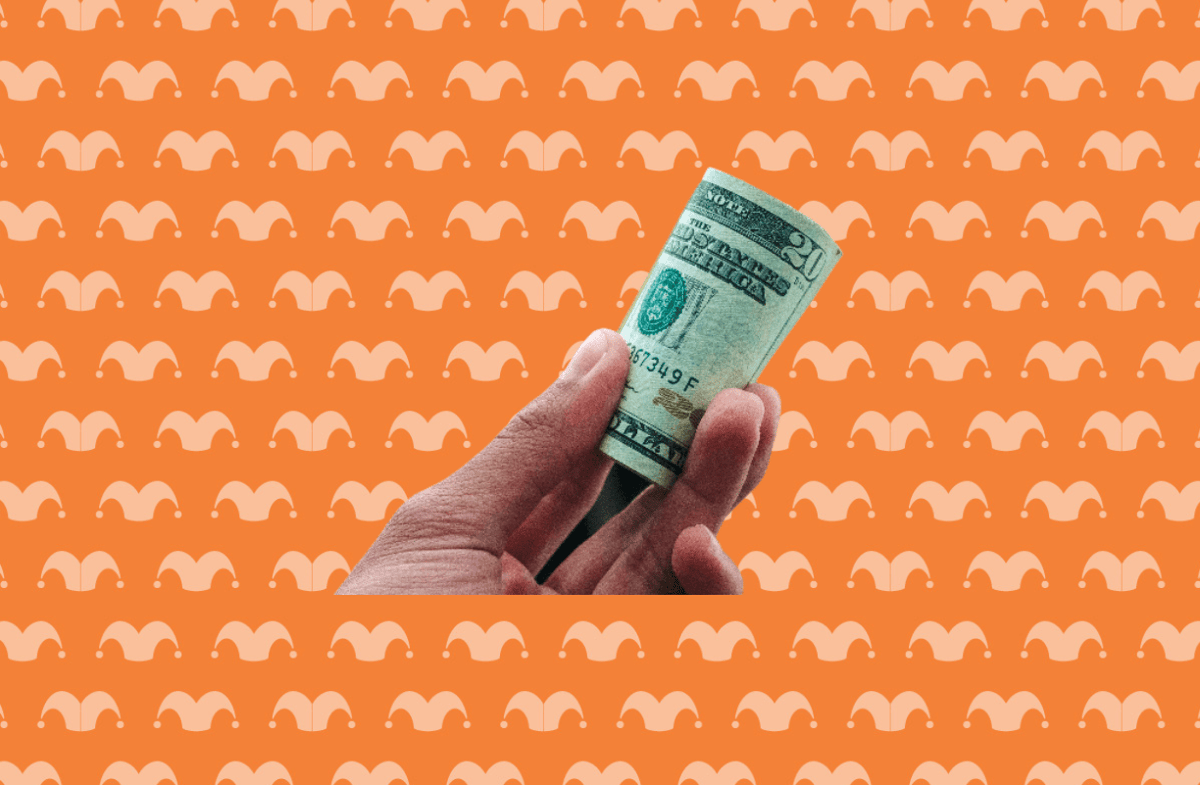Three Crucial Instances Where Opening a CD is Ill-Advised

Three Signs You Shouldn't Open a CD, Even With Rates at 5.5%
The best CD rates are sky high, making CDs an appealing investment in 2024. But here are three times you should never put your money in a CD.
Certificates of deposits (CDs)
CDs can be a great choice when you want to maximize the interest you earn on your savings. With a CD, you agree to keep your money in the bank for a specific amount of time, known as a term. Because you're agreeing not to touch your money during the CD term, you can often earn more interest than you'd get with a high-yield savings account. Some of the best CD rates we've seen lately are as high as 5.50%. Plus, CDs are extremely low risk because they're covered by the Federal Deposit Insurance Corporation (FDIC) for at least $250,000 per institution per depositor.
When does a CD make sense?
A CD is a good choice for your money when you don't have high-interest debt, you have an emergency fund, and you're already investing for retirement in a tax-advantaged account like a 401(k) or individual retirement account (IRA). It can be an especially good choice for medium-term goals, like if you've set aside money for a down payment but don't plan to buy a house for over a year. Before you commit your money to a CD, though, make sure you understand what the early withdrawal penalty is and are comfortable letting your bank hold onto your money for the entire term.
This article was prepared using information from open sources in accordance with the principles of Ethical Policy. The editorial team is not responsible for absolute accuracy, as it relies on data from the sources referenced.